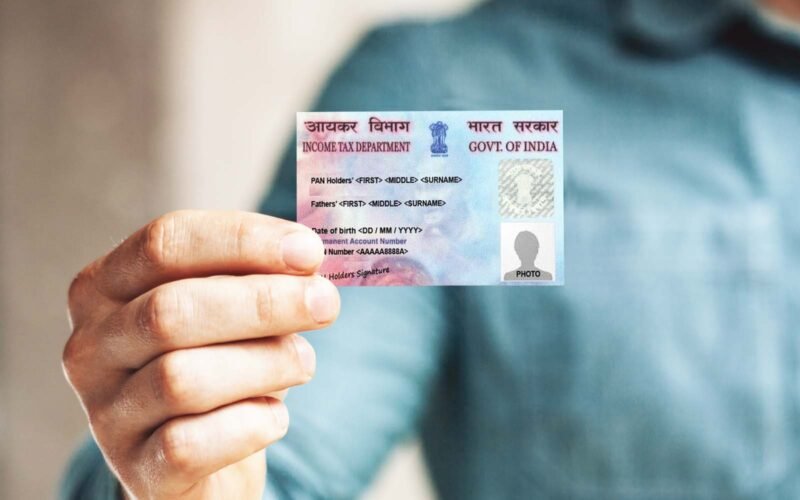Indirapuram, Uttar Pradesh — When Delhi resident Sandeep Gupta received a notice from India’s Income Tax Department, he was stunned. The letter accused him of defaulting on tax liabilities running into crores of rupees, a charge he insists he had nothing to do with.
An investigation revealed that a chartered accountant from Vasundhara Sector-4, Ghaziabad, had fraudulently used Gupta’s Permanent Account Number (PAN) to pay ₹41.52 lakh in income tax filings. The deception was so precise that the only difference between the real and the fake Sandeep Gupta lay in their dates of birth.
FCRF Academy Invites Legal Experts to Shape India’s First Comprehensive Cyber Law Certification
The Anatomy of the Fraud
According to police, the accused had been using the forged PAN since 2008, filing returns in Gupta’s name year after year. For the assessment years 2022–23 through 2024–25, he allegedly filed returns for his own firm using the stolen identity.
- Credit Cards Issued: The fake identity was used to secure a credit card linked to the victim’s PAN.
- Digital Filing Loopholes: The e-filing system failed to distinguish between two nearly identical taxpayer profiles.
- Delayed Red Flags: Authorities only discovered the fraud when the notice reached the unsuspecting Delhi resident.
Legal Proceedings
Police have registered a case against the accused chartered accountant, charging him with financial fraud and identity theft. Tax officials acknowledged that such cases expose systemic vulnerabilities in the verification process of India’s digital tax system.
Expert’s View
Cybercrime expert and former IPS officer Professor Triveni Singh said the case highlights a growing challenge in India’s digital ecosystem.
“Identity theft is no longer limited to banking or credit cards. Tax filings and government records are increasingly being targeted. The weakness lies in our inability to flag duplicate or near-identical data. Unless India builds multi-layered verification systems, we will continue to see such crimes escalate,” he said.
Broader Implications
India has embraced digital tax reforms to make compliance more transparent and efficient. But this case underscores a deeper vulnerability: even minor discrepancies can allow fraudsters to manipulate the system.
As taxation becomes more digitized, experts warn, the space for criminal innovation grows alongside it.


